Alibaba released quarterly results today, and they showed just how massive this Chinese e-commerce company is becoming. Here are some of the most interesting numbers from the report.

In the three months ending June 30, $109 billion was spent on Alibaba's e-commerce platforms, up 34% annually. By comparison, eBay has "gross merchandise volume" of just over $20 billion.
Alibaba's revenue from those sales was $3.3 billion, "only" 28% annual growth and below what Wall Street analysts expected. According to data collected by Bloomberg, revenue growth has averaged $56 for the last three years.
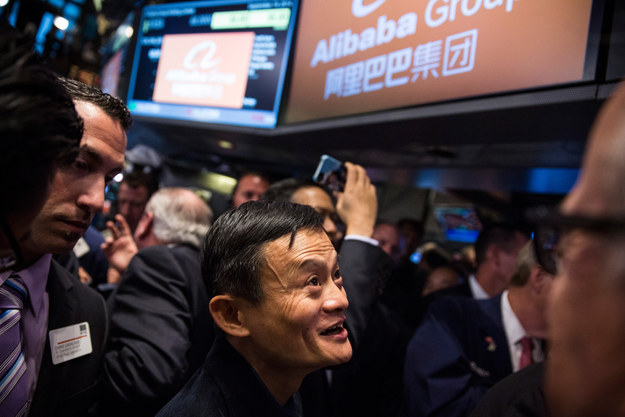
Alibaba, which had the biggest IPO in the history of the New York Stock Exchange last year, raising $25 billion, announced that it was buying back $4 billion worth of stock over the next two years.
Tech companies usually buy back stock when they have gushers of cash from profitable businesses and not enough good investment opportunities (Apple, Microsoft, and Oracle have all done massive buybacks).
Alibaba said it was buying back stock "primarily" to counteract the stock it issues to employees for their compensation.
Buying back stock so soon after a giant IPO is more unusual, and could show some worry about Alibaba's flagging stock price. Facebook, on the other hand, hasn't bought back any stock or issued dividends, and instead does things like spend more than $20 billion on a messaging app, a photo-sharing app, and a virtual reality headset company.
But that doesn't mean Alibaba isn't doing an insane amount of investment. It will put over $4.5 billion into Suning, a Chinese electronics and appliances retailer. The company said the partnernship would enable two-hour delivery in over 150 cities.

Alibaba already has next-day delivery in 41 Chinese cities, which will bump up to 50 at the end of the year. It has also started same-day grocery delivery in Shanghai and Beijing.
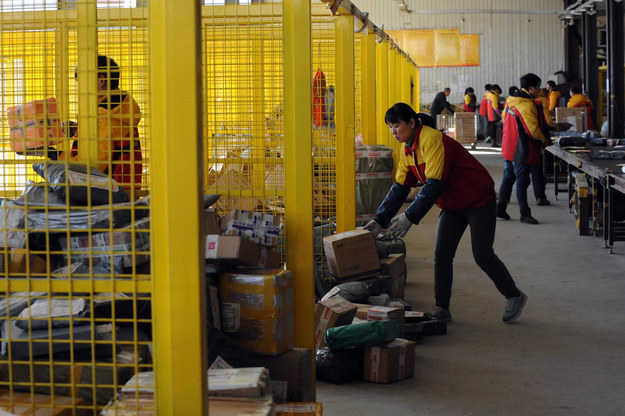
Like Amazon, Alibaba has a fast-growing cloud-computing business. It says it's the leading cloud-computing company in China and that its revenue has doubled in the last year. It's still a small part of its overall business — only $78 million in revenue.
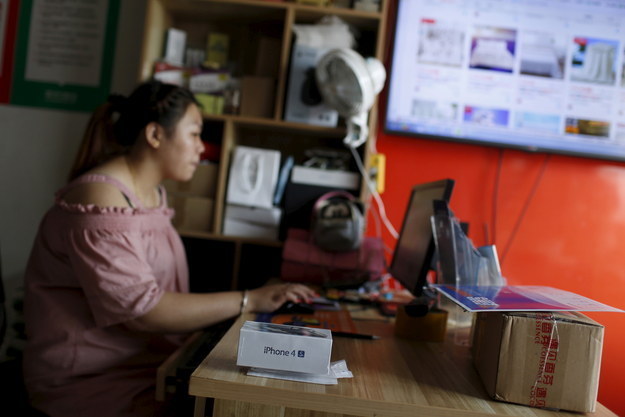
The company's international business is still small and not growing quickly compared to the rest of the company. Nine percent of its revenue comes from overseas e-commerce, roughly flat from the quarter before.
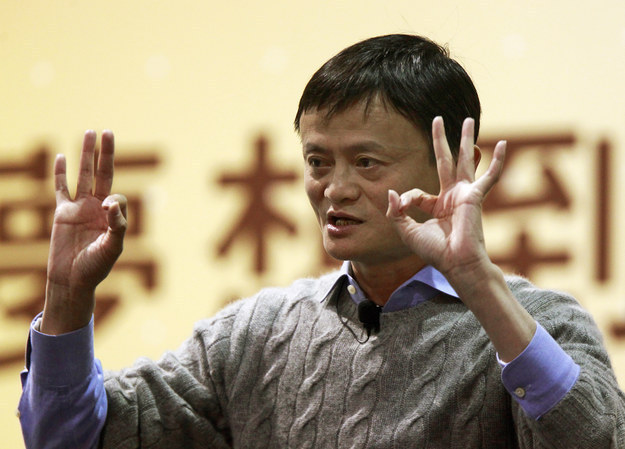
Alibaba customers spend more on mobile than desktop. Fifty-five percent of all money spent on Alibaba's e-commerce sites came from mobile devices and, for the first time ever, more than 50% of the revenue came from mobile — $1.3 billion.
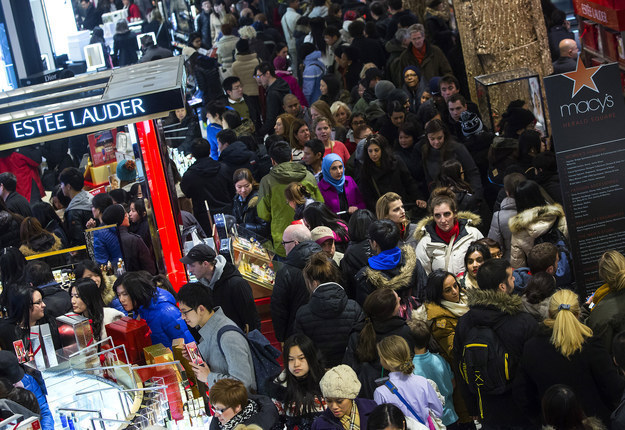
Alibaba is also bringing Macy's to China on its Tmall e-commerce platform, the company announced today. The online Macy's store will launch later this year.
"Millions of Chinese tourists have come to know and love Macy's when they travel to New York, San Francisco, Chicago and other American destinations," Macy's CEO Terry Lundgren said in a statement. "By making Macy's accessible in China through Alibaba's Tmall Global, we have an opportunity to deepen our relationship with international customers and to grow sales."
